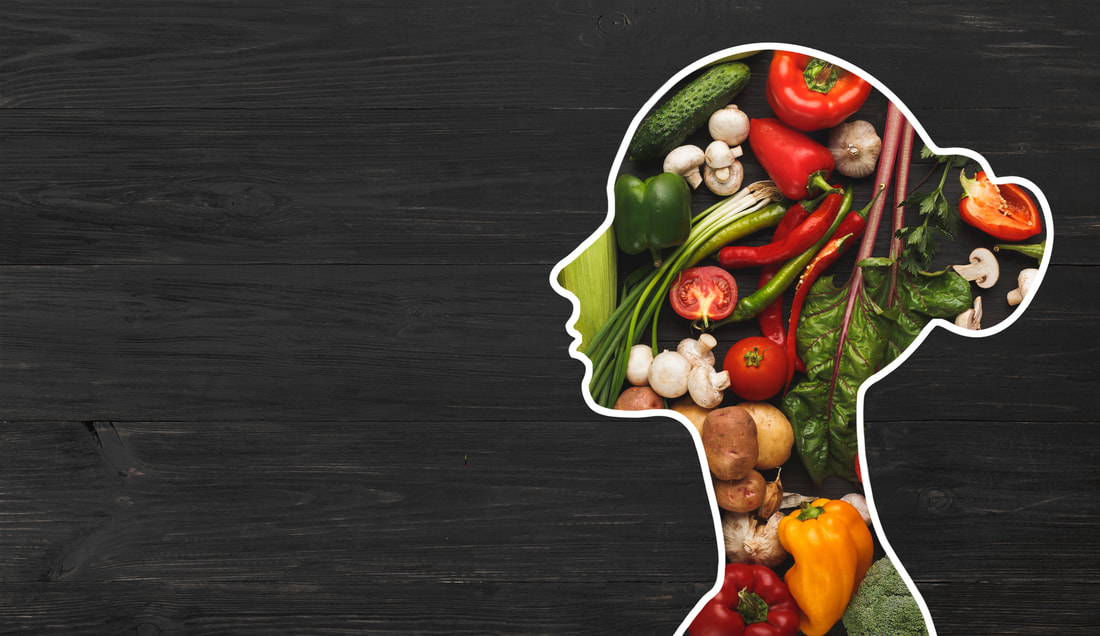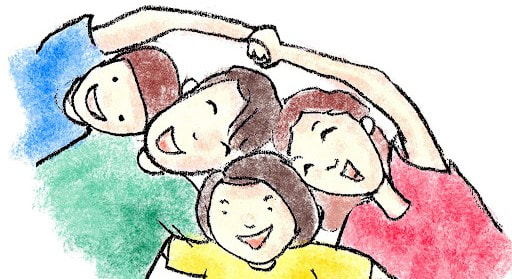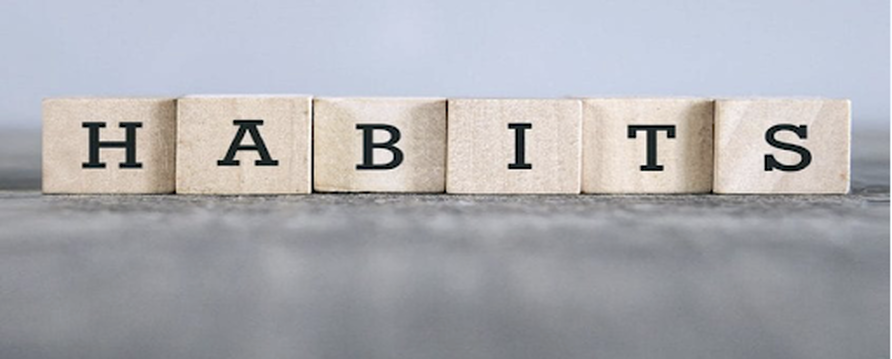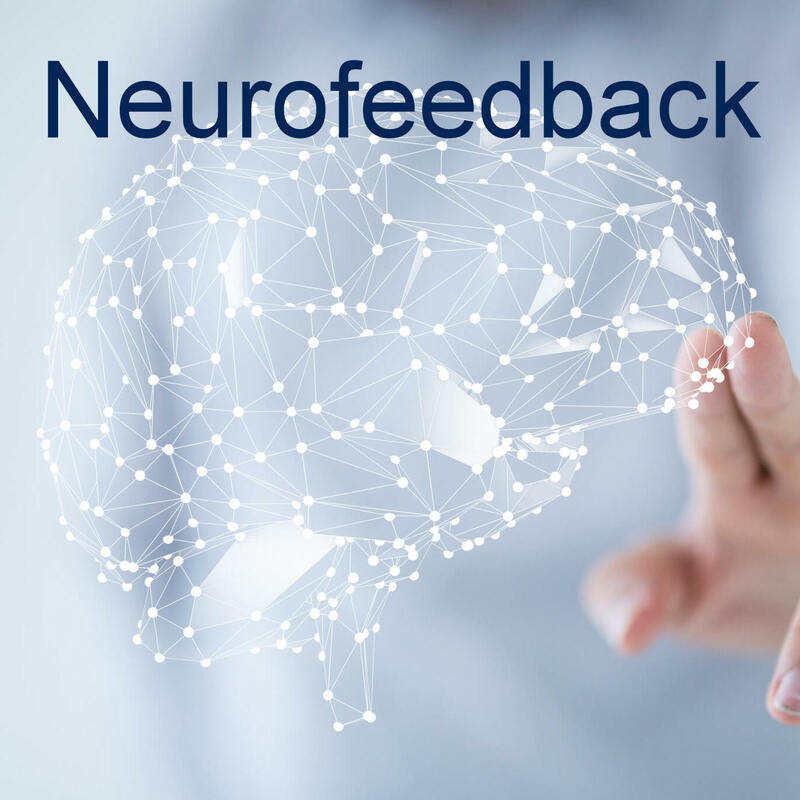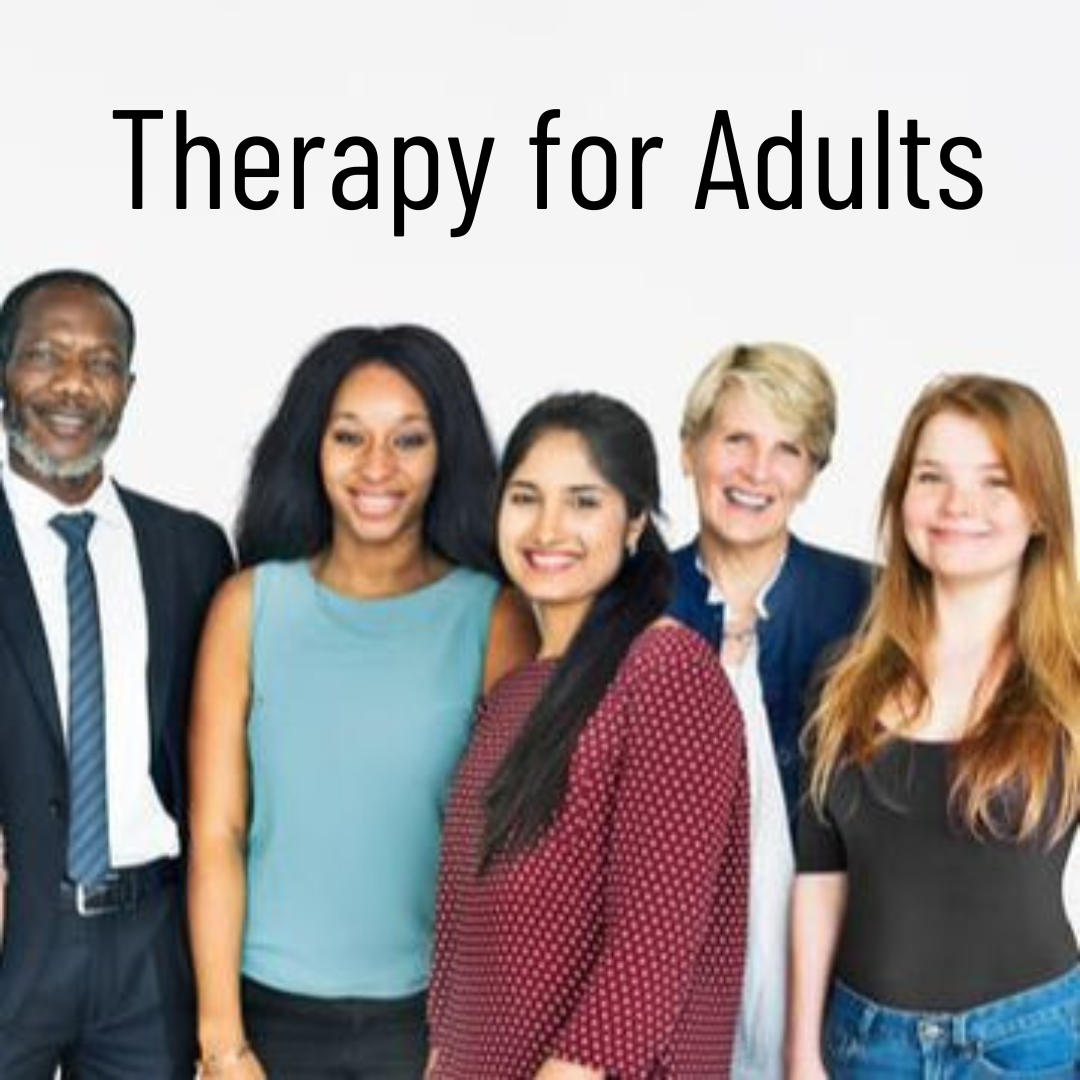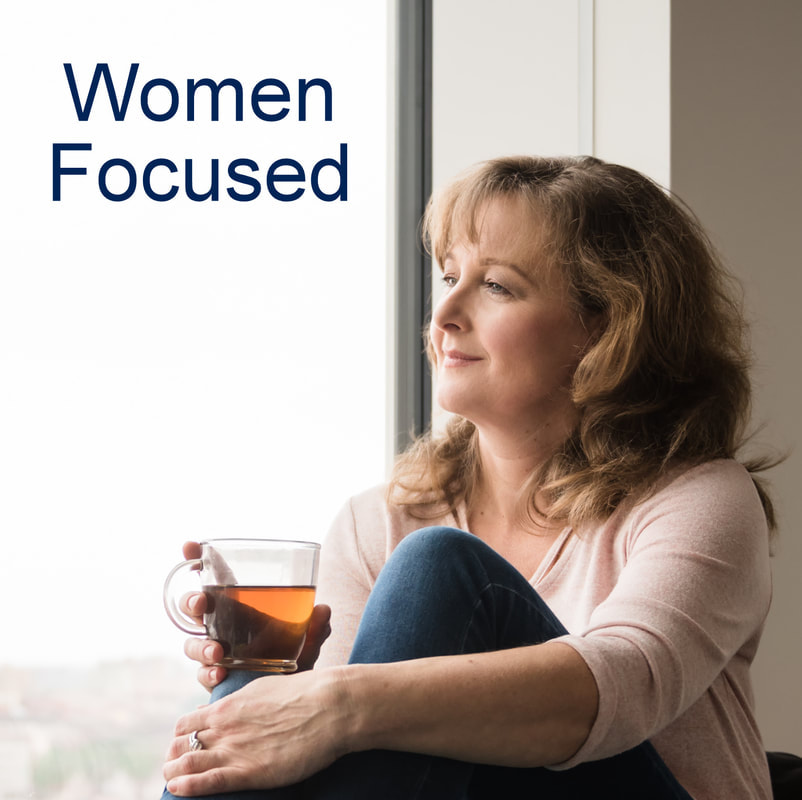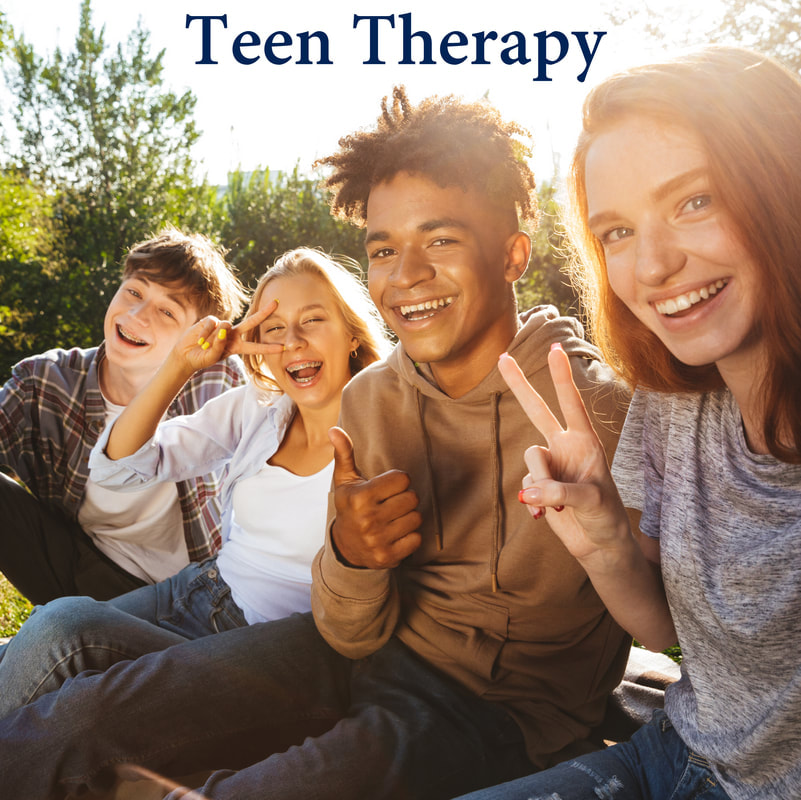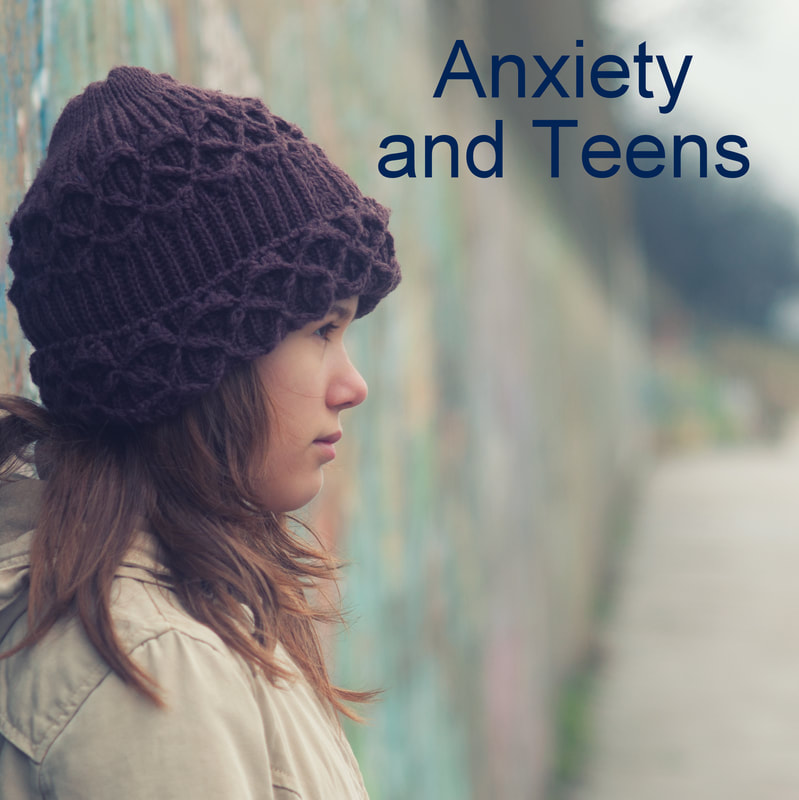|
A video blog by Sharon Grand, Ph.D. Dr. Sharon Grand discusses ADHD and Executive Functioning with Michelle Malon, Occupational Therapist
0 Comments
By Caroline Rudin LMSW, MS.,Ed “Fight or flight.” “Rest and digest.” We’ve heard these terms over and over since high school biology class, but, how can we access the latter physical response in the right times? Each of us as individuals have experienced intense levels of stress within the past two years alone living through pandemic times and some of us are still trying to cope with the changes that have occurred. Let’s tap into your personal resiliency and introduce a few different methods of reaching a state of calm that you may not have thought of before.
by Janet Whyte, LCSW 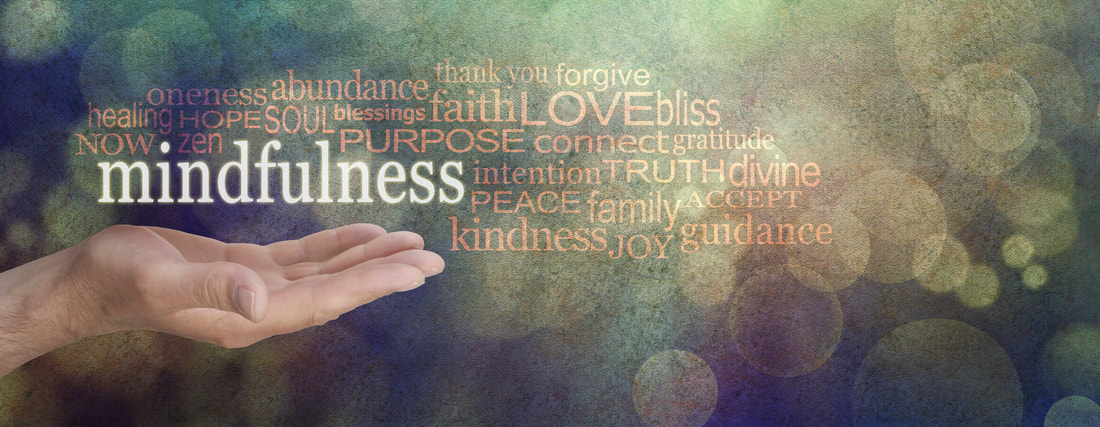 What is mindfulness? To some people, it may sound like something that only “hippies” do. The truth is, everyone can benefit from practicing mindfulness in their daily lives. According to the American Psychological Association, practicing mindfulness comes with many proven benefits including reducing stress, reducing rumination, improving attention, decreasing emotional reactivity, and increasing cognitive flexibility as well as relationship satisfaction. All in all, mindfulness can contribute to better mental health and wellbeing.
How do you actually practice mindfulness? by Andrea Panebianco, MS In the late 1900’s Urie Bronfenbrenner recognized how impactful our environment is on our mental and emotional functioning. This assertion, however, did not only include our immediate surroundings. Instead, Bronfenbrenner’s Ecological Systems Theory includes five interconnected levels of environmental surroundings which impact us as individuals (The Psychology Notes Headquarters, 2019). These levels include the:
by Jayoti Chabra, LMSW Personal boundaries are the limits and rules we set for ourselves within relationships. A person with healthy boundaries can say “no” to others when they want to, but they are also comfortable opening themselves up to intimacy and close relationships.
A lot of people have difficulties creating boundaries, at home, work, and/or in their social life. I know I do and I’m working on it. It's hard saying no to the mother-in-law that wants to help in your kitchen and you don’t want them to, or to the friend who shows up when you just wanted a day for yourself. It can make you feel like you have to choose between disappointing someone else or disappointing yourself. by Melissa Marconi, LMSW Healthy dieting has long been associated with benefits like, fitting better in our jeans, improved skin and hair, and reducing chronic illnesses. But, did you know that the foods we eat can also be important to our brain health? Read on to find out what foods can improve your brain health, and what might make it worse.
by Jessica Satkunasingham, LMSW Have you ever had a difficult day with your children only to have them give you a hug and a kiss and say “I Love You” at the end of the night? I can guarantee that the day was probably worse for you than it was for them. As a parent, all you want for your children is to provide them with a safe and loving environment, but sometimes our own emotions get in the way.
Changing habits is not a simple or linear process. It takes time, effort, and dedication, which can seem difficult with busy schedules. The great news is that it's never too late to break or change an old habit and create a new healthier habit in its place.
Learning how to break or change bad habits can be daunting, as habits are often associated with negative emotions. We may get angry or upset with ourselves about everything we’re not doing, or feel like we’re doing wrong, but it’s often those feelings that identify wanting a change. The trick to breaking or changing bad habits is to find an approach that works for you and the habit that you would like to change. Every habit is different, so they can’t all be changed the same way or at once. |
Archives
October 2023
Categories
All
|




